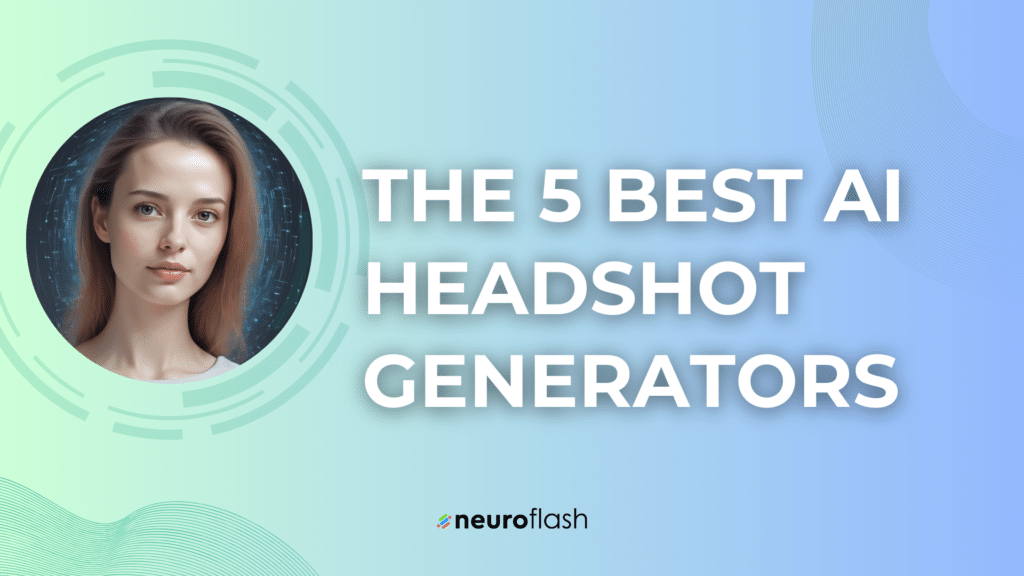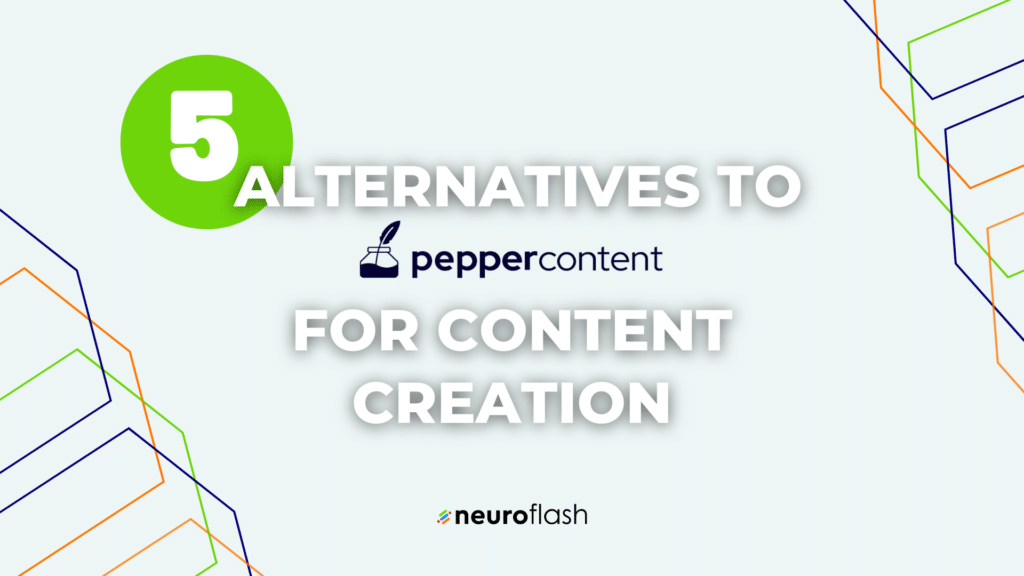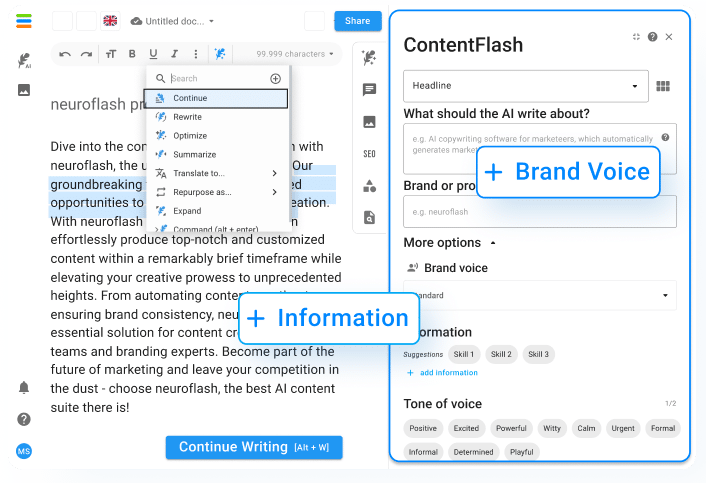
In today’s digital age, having a powerful online presence has become increasingly important for businesses and individuals alike. However, simply having a website is not enough – in order to be successful online, your website needs to be easily discoverable by search engines. Here, SEO comes to play a role.
Google is the most widely used search engine in the world, and achieving high rankings on Google’s search results pages can be incredibly valuable for businesses and individuals looking to increase their online visibility. In this blog post, we’ll be discussing the top 10 Google ranking factors for 2023, to help you optimize your website and stay ahead of the competition.
What are Google Ranking Factors?
Google ranking factors are the criteria that Google’s search algorithms use to determine the relevance, quality, and usefulness of a webpage about a particular search query. Google uses a complex and constantly evolving set of ranking factors to determine the most relevant and high-quality results to show users on their search results pages.
Types of Google Ranking Factors
- On-page factors such as the relevance and quality of the content, the structure and organization of the webpage, and the use of keywords and metadata.
- Off-page factors such as the quantity and quality of links pointing to the webpage, the website’s domain authority, and the social media signals can also affect Google rankings.
- Technical ranking factors, which includes site indexing ability, site crawling, content rendering for searchers.
- Other factors such as website speed, mobile-friendliness, security, and user experience are also important ranking factors that Google considers.
On-page Ranking Factors
On-page ranking factors are the elements that are directly related to the content and structure of a webpage. These factors are important because they can affect how competently a webpage matches the user’s search query and satisfies the user’s intent.
Here are some important on-page ranking factors:
- Content Quality: The quality of the content on a webpage is one of the most important on-page ranking factors. Website owners should create content that is informative, engaging, and useful to their target audience, and that aligns with the user’s search intent.
- Keyword Optimization: The use of relevant keywords and phrases in the content and metadata of a webpage can help search engines better understand the content of the page, and improve its chances of ranking for appropriate search queries.
- URL Structure: A clear and concise URL structure can help search engines better understand the content of a page, and make it easier for users to remember and share the URL.
- Images and Media Optimization: The optimization of images and media on a webpage (e.g. using descriptive alt tags, compressing image sizes for faster loading times) can improve the user experience and make the content more accessible to search engines.
Off-Page Ranking Factors
Off-page ranking factors are the elements that are external to the website but still affect its search engine rankings. These factors are important because they provide signals to search engines about the popularity, authority, and relevance of a website.
- Backlinks: Backlinks come from external links. The number and quality of backlinks are important signals to search engines about the authority and relevance of a website. High-quality backlinks from authoritative websites can immensely enhance a website’s search engine rankings.
- Link building: This is the process of obtaining links from other websites to your own website. The goal of link building is to improve the authority and relevance of your website and improve its search engine rankings.
- Guest blogging: Writing and publishing high-quality guest posts on other relevant websites can be an effective way to acquire backlinks to your website. By providing valuable content to other websites, you can establish your expertise and authority in your niche, and attract links to your website.
- Skyscraper technique: The skyscraper technique involves finding high-quality content in your niche, and creating even better and more comprehensive content on the same topic.
Technical Ranking Factors
Technical ranking factors are the elements of a website that are associated with the website’s technical setup and structure. These factors are significant because they affect how easily search engine crawlers can access and index a website’s content.
Here are some important technical ranking factors:
- Website Speed: The speed at which a website loads can affect how well it ranks in search results. If your website takes too long to load, the bounce rate will increase, and your ranking will decrease. You can check your website speed at Google Page Speed Insights.
- Mobile-Friendliness: As more and more users access the web via mobile devices, Google has placed increasing importance on mobile-friendliness as a ranking factor. Website optimization for mobile devices is necessary as it can rank the site in search engines.
- Site Architecture: A well-organized site architecture can make it easier for search engines to crawl and index a website’s content. This can include things like having a clear and logical hierarchy of pages, using internal linking to connect related pages, and having a sitemap that outlines the structure of the website.
- Security: Websites that are secure (using HTTPS) are more likely to rank higher in search results than those that are not. This is because Google prioritizes websites that provide a safe and secure user experience. Every website holder should buy SSL certificate to secure the site as a secured site can bring more visitors to the site.
- Structured Data: The use of structured data can help search engines better understand the content of a website, which can lead to improved rankings. This can include things like using schema markup to describe the content of a page, using metadata to provide additional context about the content, and using rich snippets to enhance search results.
Top 10 Google Ranking Factors
The top 10 Google ranking factors for 2023 emphasize the importance of providing a positive user experience, creating high-quality content, and establishing authority and relevance within your niche.
- Content Quality
- Keyword Optimization
- URL Structure
- Images and Media Optimization
- Backlinks
- Website Speed
- Mobile Friendliness
- Site Architecture
- Security
- Structure Data
Final Thoughts
In conclusion, the top 10 Google ranking factors for 2023 highlight the importance of providing a positive user experience, creating high-quality content, and establishing authority and relevance within a specific niche. As search algorithms continue to become more sophisticated, website owners must pay attention to both technical and non-technical ranking factors in order to remain competitive in search engine rankings.
By focusing on these ranking factors and implementing effective SEO strategies, website owners can improve their website’s visibility, attract more traffic, and achieve their business goals in 2023 and beyond. Ultimately, by staying up-to-date with the latest trends and best practices in SEO, website owners can maximize their website’s potential and achieve long-term success online.

















